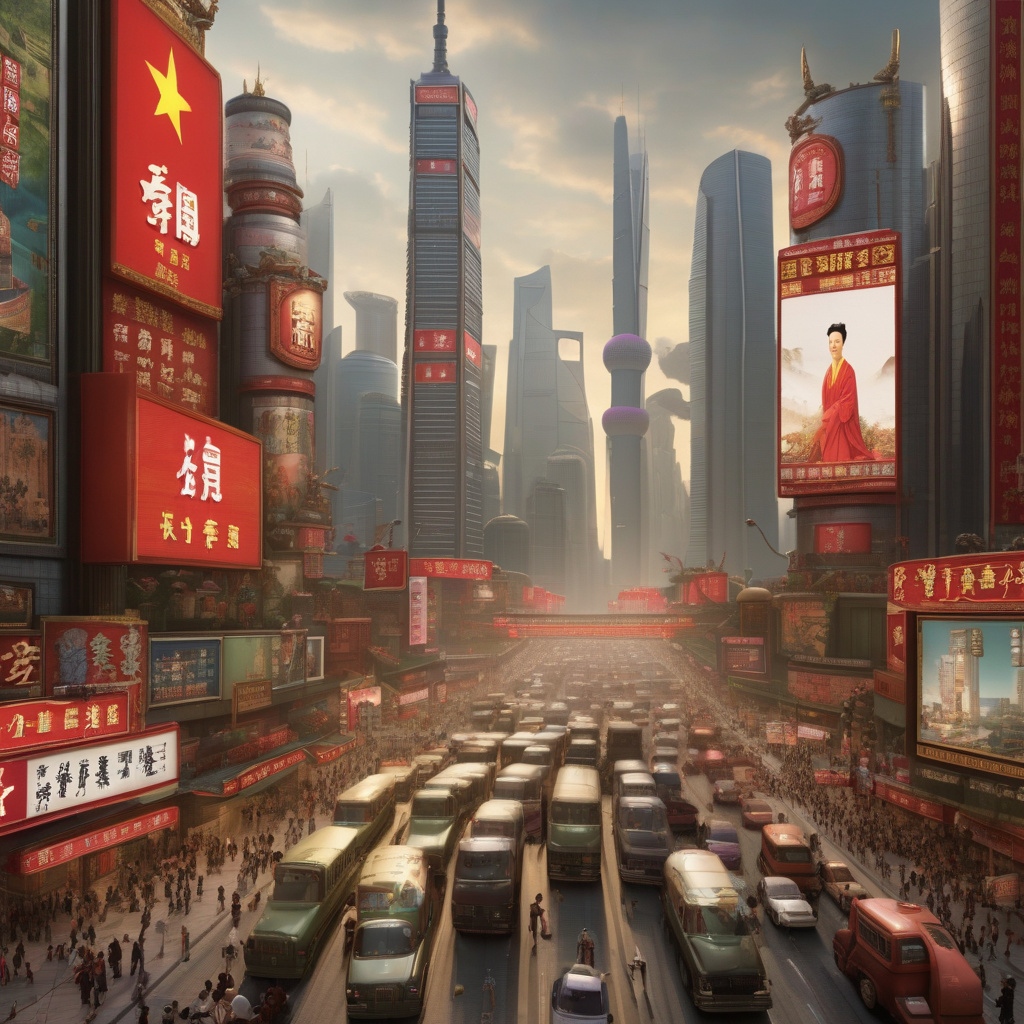In the ever-evolving landscape of global trade tensions, the tech industry finds itself at the forefront once again. China, in response to the recent U.S. trade tariffs on its goods, is reportedly gearing up for a fresh antitrust probe into Apple’s App Store practices. This move underscores the intricate interplay between economic policies and tech regulations, with implications that ripple across borders.
The United States, under President Trump’s administration, has wielded tariffs as a weapon in international trade negotiations. However, these measures have often been criticized for their unintended consequences. Instead of solely affecting the targeted foreign entities, the tariffs frequently end up impacting domestic businesses and consumers, creating a complex web of repercussions.
Economists have long cautioned against the potential pitfalls of such tariff strategies. By penalizing imports from China, the U.S. tariffs can inadvertently lead to retaliatory actions from the affected countries. In this case, China’s decision to initiate an antitrust investigation into Apple’s practices within its App Store can be seen as a direct response to the trade tensions triggered by the tariffs.
Apple, a tech giant synonymous with innovation and user experience, now finds itself caught in the crossfire of geopolitical maneuvers. The scrutiny of its App Store practices by Chinese authorities adds another layer of complexity to the company’s global operations. As one of the most valuable brands in the world, Apple’s every move is closely watched and scrutinized, especially in regions where regulatory scrutiny is heightened.
The intersection of trade policies and tech regulations is a delicate dance that requires finesse and strategic navigation. Companies like Apple must not only innovate technologically but also adapt to the evolving geopolitical landscape. The repercussions of global trade decisions are far-reaching, affecting not just businesses but also the consumers who rely on these technologies in their daily lives.
As the saga between the U.S. tariffs and China’s response unfolds, the tech industry braces for potential disruptions and challenges ahead. The outcome of China’s antitrust probe into Apple’s App Store practices could have significant implications for how tech giants operate in the Chinese market and beyond. It serves as a stark reminder of the interconnected nature of global economies and the intricate balance between trade policies and regulatory frameworks.
In conclusion, the brewing tensions between the U.S. tariffs and China’s antitrust probe highlight the complex relationship between economic policies and tech regulations. As IT and development professionals, staying informed about these developments is crucial to understanding the broader impacts on the industry. The intertwining of trade wars and tech landscapes underscores the importance of adaptability and foresight in navigating an increasingly interconnected world.

